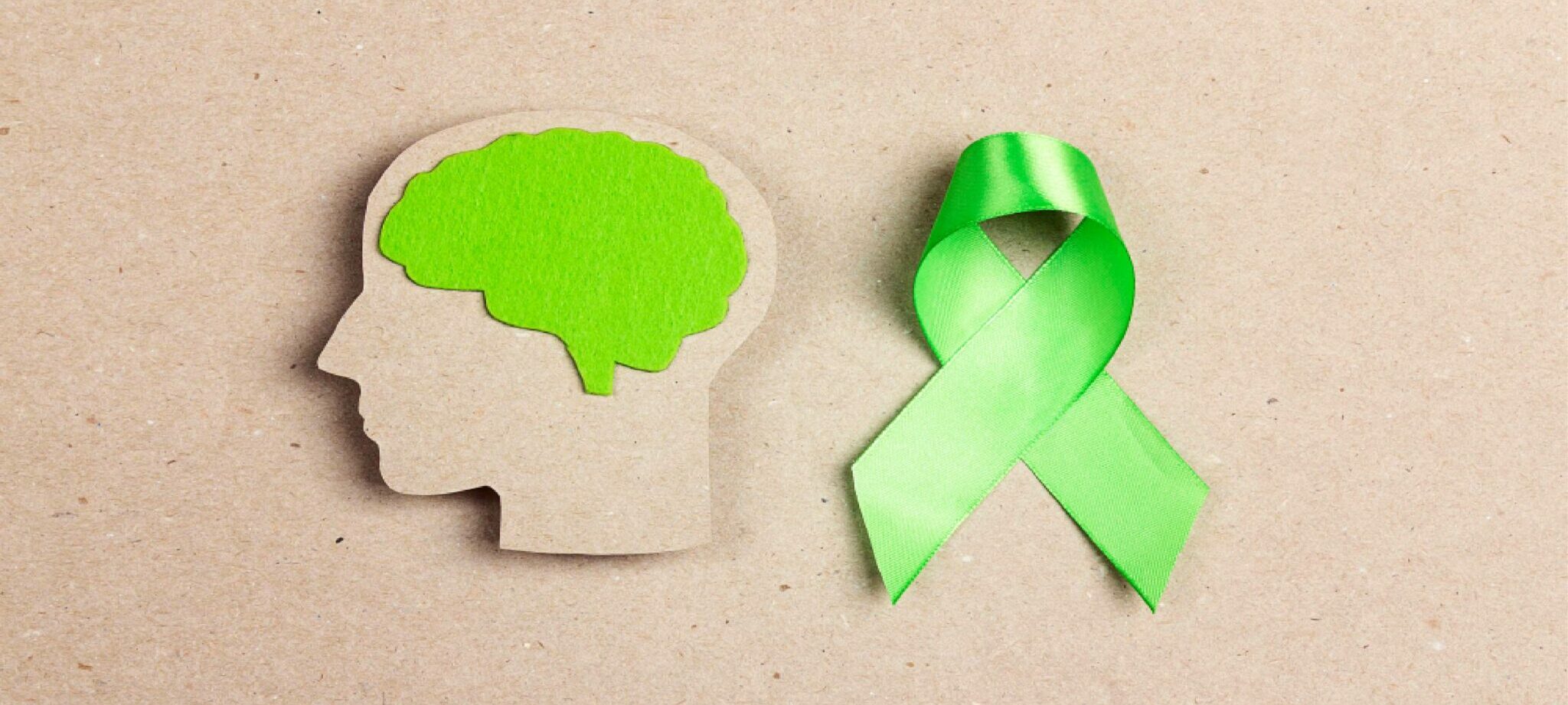The Nystrom & Associates provider consulted for this article is Kristin Hoppe, MS, LPCC, LADC, DBT and Outpatient Therapist.
The stigma that surrounds mental health perpetuates many myths. Meanwhile, this can lead to people not getting the help and support they need. Let’s debunk several common mental health myths to help stop the stigma and spread accurate information about mental health.
Related: How Does Abuse Affect Mental Health?
1. Myth: Mental Health Problems Are a Sign of Weakness
Fact: Mental health problems are not a sign of being lazy or weak. In fact, many factors can influence the likelihood of a mental health condition such as brain chemistry, physical illness, life experiences, family history, and abuse. No one chooses to have (or not to have) a mental health condition. Rather, it takes great courage and strength to recognize the need to accept help. Mental health can impact anyone; about 1 in 5 people experience a mental health issue each year.
Related: The ‘Stupid Mental Health’ Walk Trend
2. Myth: Children and Adolescents Don’t Have Mental Health Problems
Fact: It’s true that children and adolescents may have moods that fluctuate frequently. However, they can still also have mental health problems. According to the National Alliance on Mental Illness, 1 in 6 youth ages 13-18 live with a mental health condition, and 50% of all lifetime cases of mental illness begin by age 14. Moreover, finding treatment early can significantly reduce the impact of mental health conditions.
3. Myth: There’s Nothing You Can Do for a Person With a Mental Health Problem
Fact: If you know someone with a mental health condition, there are many ways to help support them. Likewise, friends and family can make a significant difference for those struggling. Here are some ways you can support them:
- Let them know that you are there to help
- Help them find mental health services
- Don’t define them by their diagnosis or use labels; treat them with respect
- Educate yourself on the facts of mental health and share your knowledge with others
4. Myth: You Can’t Recover From Mental Illness
Fact: Mental health does not stay the same forever. Kristin Hoppe, Outpatient Therapist at Nystrom & Associates knows that you can recover from mental illness. “A common myth is that once a person develops mental health problems, he or she will never recover. However, studies show that people with mental illness get better with treatment and support, so they can live independently, pursue education and career goals, form healthy relationships, and find enjoyment in life.”
5. Myth: Therapy Is a Waste of Time
Fact: Therapy is one treatment for mental health problems. Although it might be uncomfortable at first, therapy is not a waste of time. In fact, therapy is heavily researched and recommended for mental health conditions. Kristin notes the importance of receiving professional care:
“Effective mental health care incorporates evidence-based practices: treatments that have been researched academically or scientifically and have proven to be effective in more than one investigation or study. Examples include Cognitive Behavioral Therapy, Exposure and Response Prevention, Dialectical Behavior Therapy, Eye Movement Desensitization, and Reprocessing therapy.”
Related: PTSD & EMDR Therapy
A Word From Nystrom & Associates
In short, if you’re struggling with your mental health, you are not alone. Mental health stigma can prevent people from getting the support they need. This mindset can often make problems worse. Above all, mental illness is nothing to be ashamed of. Don’t be afraid to ask for help.
A qualified mental health professional can help guide you through whatever challenges you might be facing. Call 1-844-NYSTROM or request an appointment online today.
Related: How to Start Therapy: A Step-By-Step Guide
Source: Nystrom & Associates











